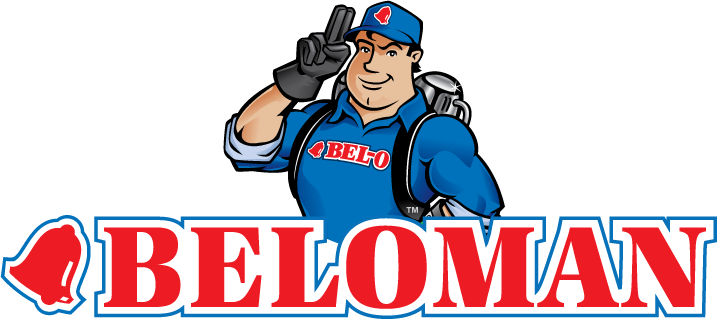Beat the Freeze: Essential Tips for Protecting Your Pipes During Winter
Winter weather can be harsh, and one of the biggest concerns for homeowners during this time of year is the risk of frozen pipes. Pipes may be severely damaged by freezing temperatures, leading to costly repairs and water damage to your home. Fortunately, you can take steps to prevent your pipes from freezing during bitter weather. These precautions will keep your plumbing system safe when the temperature drops and your house cozy and habitable throughout the cold months.
Insulate Pipes
Insulation is a barrier that slows heat transfer and helps keep your pipes warm, even in the coldest temperatures. Several types of pipe insulation are available, including foam rubber, fiberglass, and polyethylene, each with its own set of benefits. When insulating pipes, the insulation must be adequately sealed to prevent cold air from penetrating and freezing the pipes. It’s crucial to choose the appropriate kind of insulation for your requirements.
To insulate your pipes, they should be wrapped with insulation sleeves or jackets. A plumber should cover pipes in unheated spaces such as garages, basements, attics, and crawl spaces, as these areas are more susceptible to freezing temperatures. It’s also a good idea to insulate pipes that run along exterior walls, as these are more likely to come into contact with cold air from outside.
Use Heat Tape or Heat Cables
These products are designed to provide extra warmth to pipes at risk from cold temperatures. Heat tapes and cables apply heat directly to the pipes, which helps keep the water inside from freezing. Just as with insulation, heat tapes and heat cables apply to pipes located in unheated areas, garages, basements, crawl spaces, and the like, and to those that run along exterior walls.
One important note about heat tapes and heat cables is that they should only be used as a temporary solution. Over time, heat tapes and cables can wear out and lose their effectiveness, so it’s important to inspect them regularly and replace them as needed.
Seal Leaks
Leaks can allow cold air to reach pipes, increasing the risk of freezing. Sealing these leaks can also help reduce energy waste and save money on utility bills.
You should start by identifying areas where air may be infiltrating, such as windows, doors, and electrical outlets. Use caulk, weather stripping, or foam sealant to fill gaps and prevent air from entering your home. Seal leaks around pipes located in unheated areas, such as garages, basements, attics, and crawl spaces, as these areas are more susceptible to freezing temperatures.
It is also recommended to have a licensed plumber check for leaks and cracks in the pipes in your home. A plumber can help identify and repair any breaches that could be contributing causes of frozen pipes.
Secure Outdoor Hoses, Valves, and Faucets
When hoses are left attached to outdoor faucets, they can act as a conduit for cold air to reach the pipes inside your home. This can cause the water in the pipes to freeze, leading to damage and costly repairs.
To secure your hoses, disconnect them from outdoor faucets, drain them, and store them in a safe, protected place. Your plumber should also secure outside valves and switch off the water supply to outside faucets. Any residual water should be removed to prevent it from freezing.
It’s also important to insulate outdoor valves and faucets to protect them from the cold. Several types of outdoor faucet covers are available, including foam covers and silicone covers, that can be used to insulate your outdoor plumbing.
Let Water Drip
The expansion of the water within frozen pipes might lead to pipe rupture. If you have to leave your home unattended, allowing a trickle of water to flow through the pipes may assist in keeping them from freezing up.
To let water drip, the plumber must find the valve controlling your pipes’ water supply. This valve is typically located in the basement, near the main water shutoff for your home. Once they’ve located the valve, turn on the faucet that is farthest from the valve to allow a slow, steady stream of water to flow. This can help keep the water in the pipes from freezing.
Conclusion
At BELOMAN, we provide heating, cooling, and indoor air quality equipment installation, repair, and maintenance as well as a full line of plumbing services to both homeowners and businesses. We also do duct cleaning and perform our own sheet metal fabrication. We’re known for expertise, conscientiousness, and great customer service, and we’ve been serving the Belleville area since 1959. If you’d like to discuss keeping your pipes from freezing this winter, call and speak with one of our licensed plumbers at BELOMAN today.







